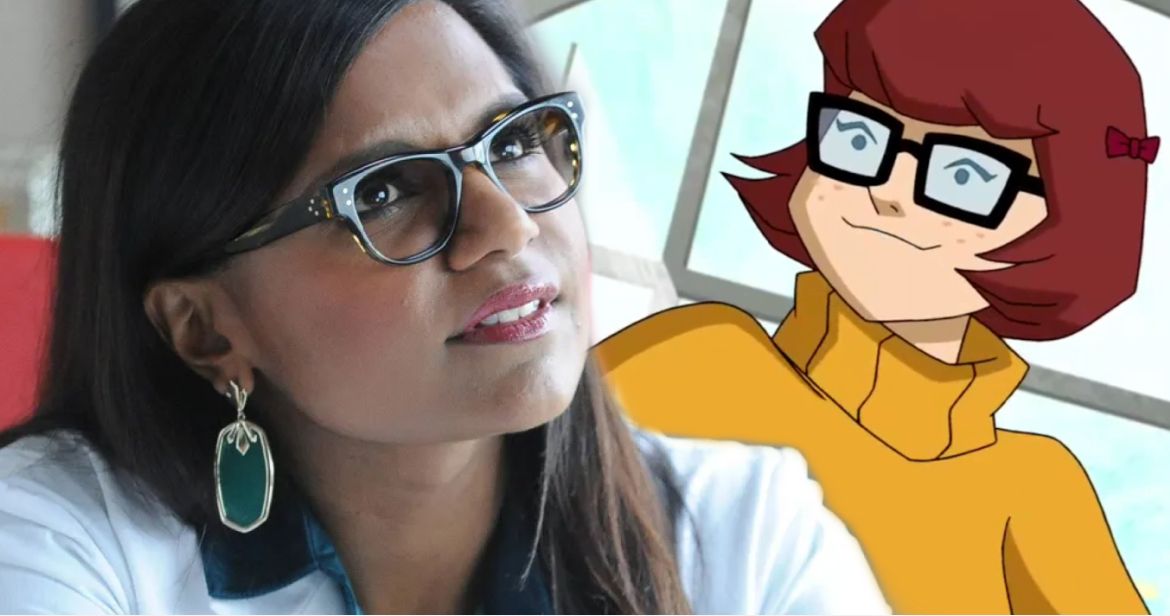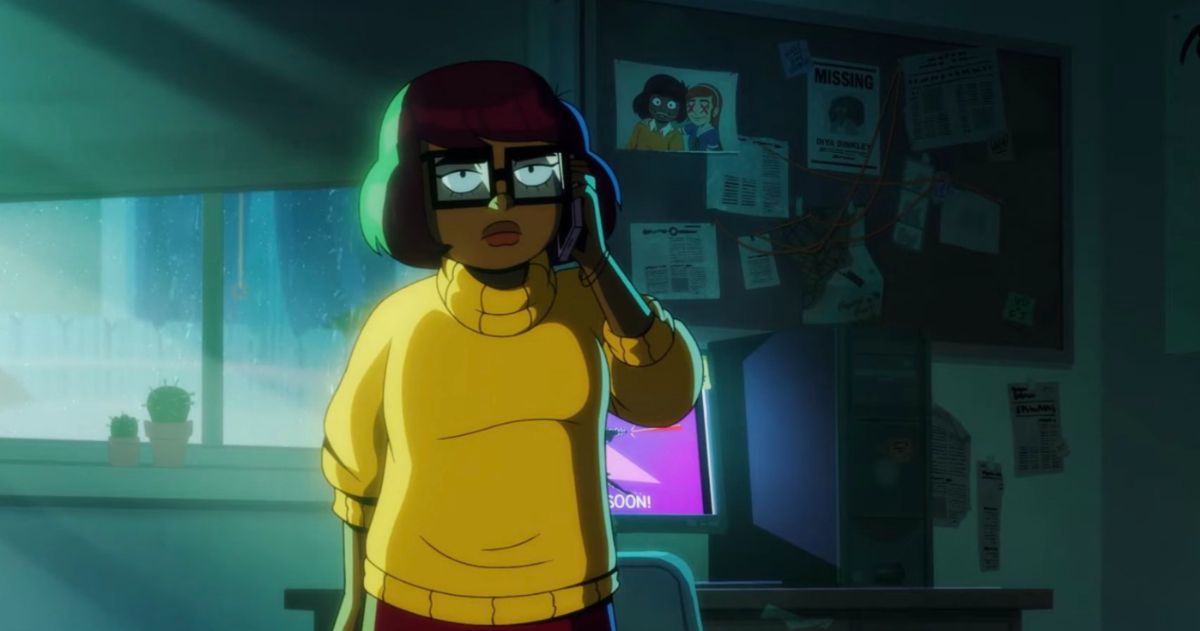HBO Max’s new adult animated series Velma has been the subject of plenty of backlash online from certain fans about the multiple race changes made to characters from the Scooby Doo franchise. The new series will take a completely new look at the bespectacled member of Mystery Inc, and that includes giving her a new look. However, not everyone has taken kindly to the changes made to Velma, Daphne and Shaggy, who is also reverted back to his real name of Norville in the series, but Velma voice star Mindy Kaling doesn’t really have much time for any of the toxic comments being made on social media.
Velma is a new series that is set to take the Mystery Inc crew in a new direction, and is expected to act as something of a prequel showing the group traveling the world solving mysteries. Of course, there are very few older IPs that are revisited these days that don’t get a make-over and some kind of update. Quid pro quo, these changes also usually come with plenty of annoyed comments from those who were fans of the original shows or movies, and Velma has been no exception. In Velma, those changes include making the show R-rated, and changing the ethnicity of a number of main characters, which has been the root of most of the backlash. While appearing at New York Comic Con, via Insider, Kaling addressed the recasting complaints, saying:
“I think of the characters in this as so iconic, but in no way is the gang defined by their whiteness, except for Fred. So, I was a little bit surprised, and I think most Indian-American girls when they see this skeptical, hardworking, kind of underappreciated character, can identify with her.”
Race and Gender Changes In Long-Running Franchises Are Always Tricky To Negotiate
As is being seen more and more, as Hollywood attempt to be inclusive of everyone, revisiting well-known franchises can be like walking a tightrope over an active volcano. If studios are not seen to be inclusive, they are called out by groups supporting equality in the industry, and if they make changes to central characters, they face a wave of criticism from some of the IP’s fan-base. There are plenty of arguments made from both sides, including some questioning why minority groups, whether it be race, sexual orientation or gender, are given second-hand white characters and do not have new characters and franchises created for them, and others demanding that more iconic roles are changed in the future.
There will clearly be no easy end to the debate, and because of that, Hollywood is going to continue to struggle in its attempts to make the industry more encompassing and equal. While a high profile project like Velma is certainly a step in the right direction for those supporting greater amounts of diversity, the amount of backlash against the show before it has even aired proves that the biggest challenge is not necessarily diverse casting but the challenging opinions of the public.


